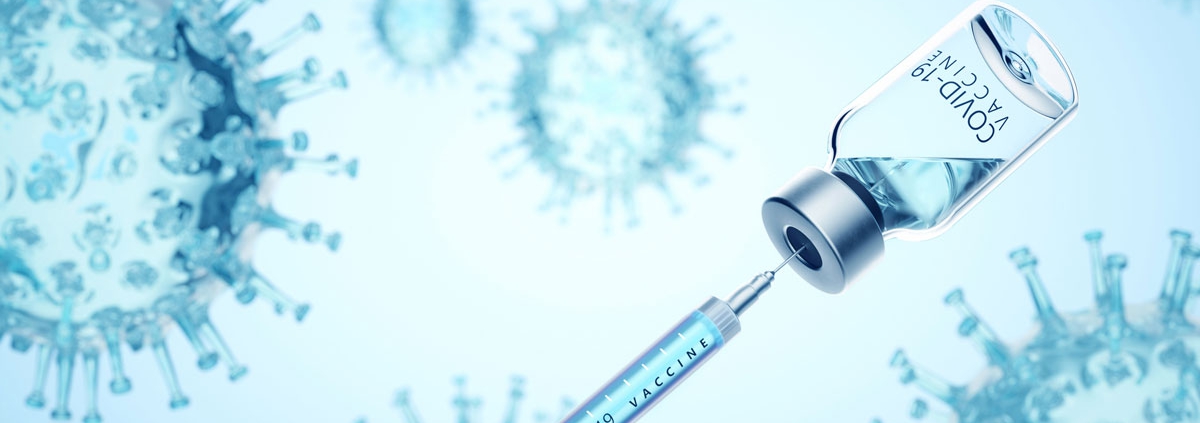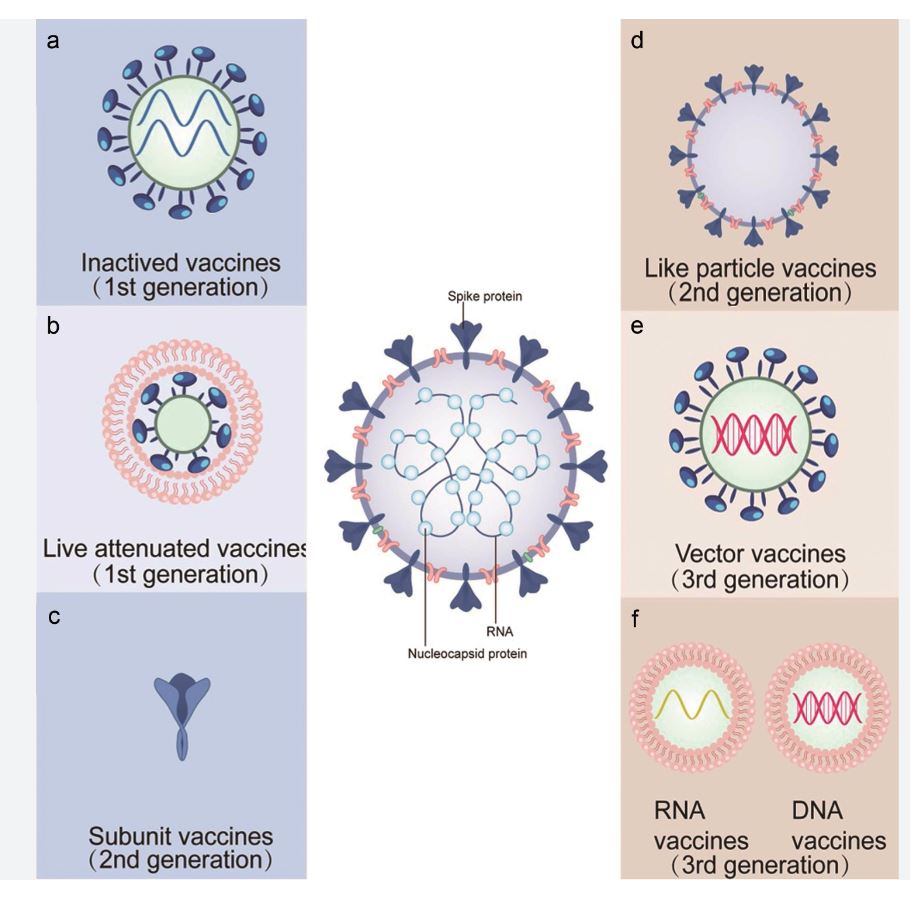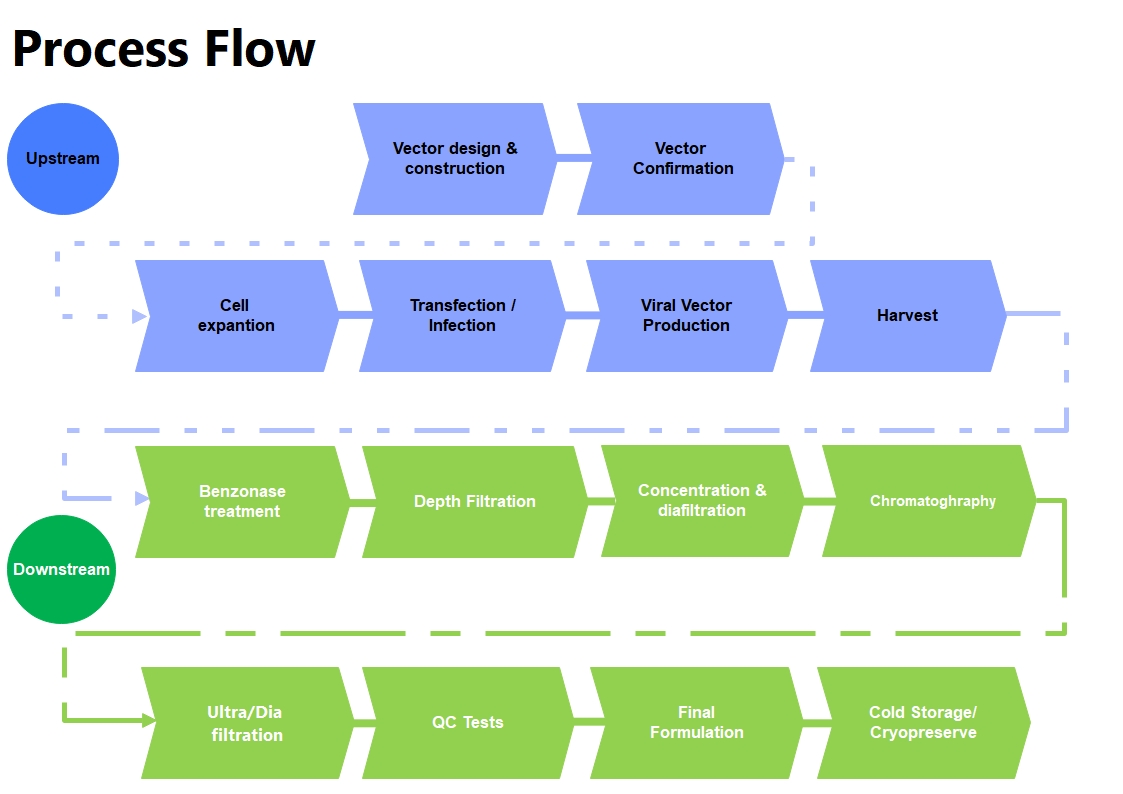
Viral vaccines
A vaccine is a biological product that provides acquired active immunity against a specific microbial disease. Viral vaccines are products containing inactivated or weakened virus or its components that have immunogenic power and lead to the prevention of the relevant infection by stimulating the immune response. Different vaccine platforms (illustrated in Figure 1) include different generations.
- First-generation vaccines containing inactivated virus (such as rabies vaccine) or weakened virus (such as measles vaccine) have been prescribed for years to control viral diseases. The Chinese Sinopharm vaccine, which was recently used to control the Covid-19 pandemic caused by the SARS-CoV-2 virus, is also a member of this generation.
- Second generation vaccines are subunit vaccines that contain parts of the virus such as surface glycoproteins. Also, the empty envelope of the virus called Virus Like Particle (VLP) (such as the vaccine against papilloma virus infection that can lead to cervical cancer) is also part of this generation.
- The third-generation vaccines, which are the latest generation of viral vaccines, includes viral vectors and nucleic acid-based vaccines, which were widely used in the world for the first time in the recent pandemic with the corona virus and to control this infection. They have played a milestone role.

Figure 1. Different vaccine platforms
The production process of viral vaccines differs according to the type and platform of the vaccine. Viral vector-based vaccines, which are one of the newest generations of vaccines, are produced in such a way that the gene related to the viral immunogen protein is cloned in the genome of a viral vector such as adenovirus or measles, and after injection, the corresponding protein is expressed and the immune system is stimulated. The production process of these vaccines is the same as other viral vectors, which can be seen in Figure 2.

Figure 2. Viral vector production process
With years of experience in the field of genetic engineering of viruses, the HumImmune research team is able to provide services for the production and purification of recombinant viral seeds (especially adenoviruses, measles, herpes and lentiviruses) as viral vectors for the production of viral vaccines along with relevant quality control tests in laboratory and semi-industrial scale.
